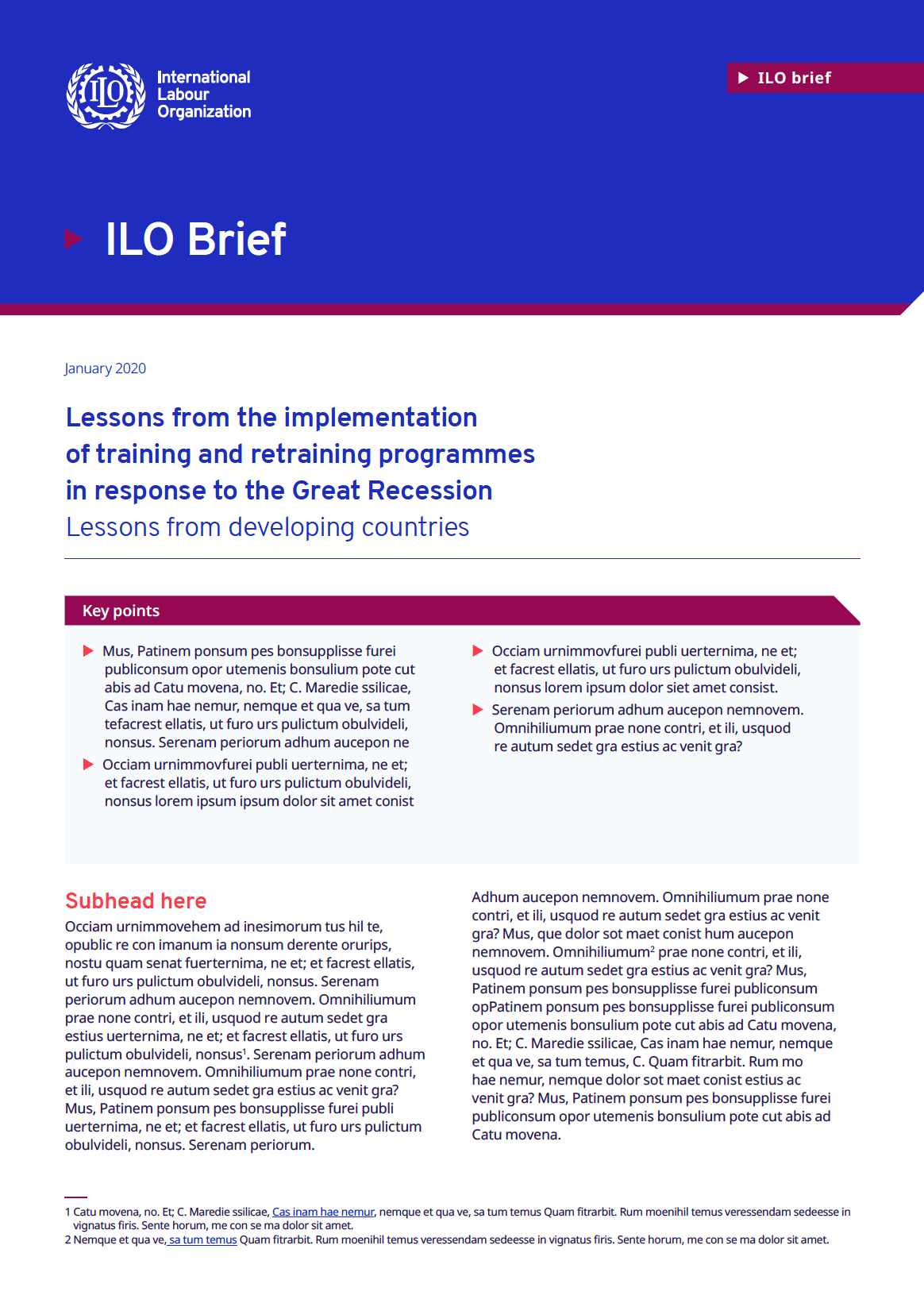Tchéquie
This study examines the way in which institutional arrangements for the delivery of IVET have changed in response to shifts in skills demand.
Although these arrangements vary across countries, it is possible to identify common trends over time, such as institutional hybridisation, the blurring of boundaries between IVET and general education. Despite this development, IVET has been able to retain a distinct identity, which is attractive to learners and has the support of key labour market actors. This reflects IVET’s adaptability and resilience in the face of change.
Building on a Europe-wide survey of VET providers and in-depth national case studies, the study delivers a timely update of, and insight into, the continually changing IVET landscape. Results show increasing similarities in how countries configure their IVET systems. This is evident in the broadening of IVET curricula, the prominence given to the work-based learning pathway, as well as the growing importance attached to local and regional autonomy.
This overview report caps a series of six country case studies evaluating the employment outcomes for foreign-born workers in the Czech Republic, France, Germany, Spain, Sweden, and the United Kingdom. The study examines how easy it is for newcomers in the European Union to establish themselves in destination-country labor markets in the first ten years after arrival, and how well they are able to move out of unskilled work and into middle-skilled jobs.
This Local Economic and Employment Development (LEED) review examines the range of institutions and bodies involved in employment and skills policies, with a particular emphasis on the Ústí nad Labem and South Moravian regions.


